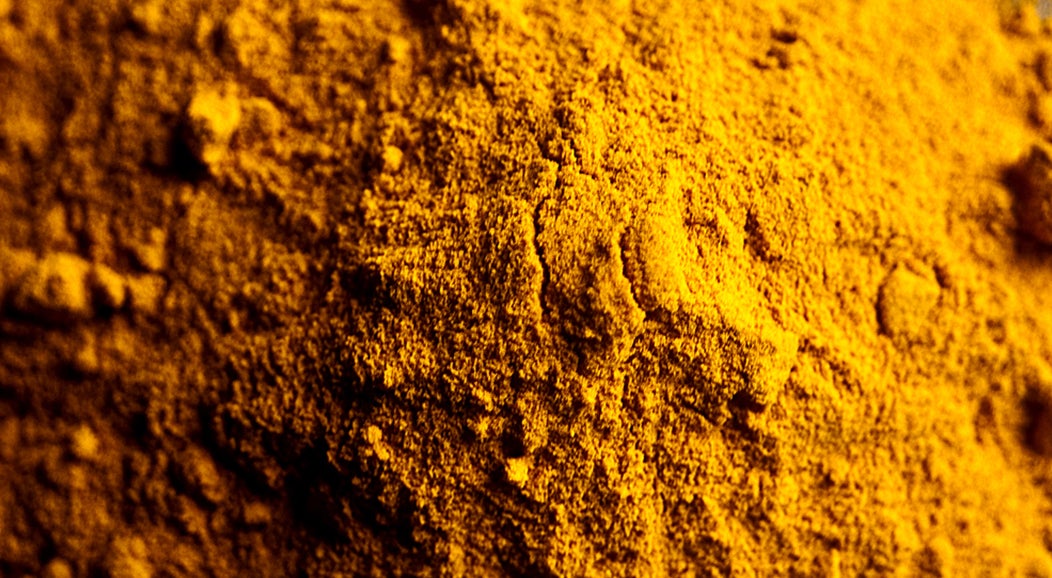Our Story
At GO Healthy, we’re more than a dietary supplement company. We’re a community
on a journey to well-being, committed to helping you thrive.

Proudly Founded in New Zealand
and proud to lead*
Our business was founded in New Zealand. What started as a bold dream in New Zealand has grown into something extraordinary. We’re a passionate team who believed in following our instincts, driven by a desire to help people become the best version of themselves. With every step, we’ve stayed true to this mission, and today, we’re proud to be New Zealand’s leading dietary supplement brand in Pharmacies.
Our journey has been one of growth, innovation, and heart. We celebrate the uniqueness of every individual, just as we do our incredible homeland. Here, in this land of breathtaking diversity, we’ve built a brand that champions not only health but the vibrant spirit of each person who chooses to live well.
We believe that in every seed of wellness lies the potential for greatness – and with GO Healthy, that potential is limitless.
Our customer-first approach is at the heart of everything we do.
For any questions visit our FAQs section.
*From imported and local ingredients
How we live and work every day

Put in the work
At GO Healthy, we believe in giving our best, just like you. Every capsule, VegeCapsule or tablet is packed with quality local and imported ingredients.

Partner with Experts
We believe in the power of expert advice. That’s why GO Healthy products are found in trusted pharmacies and health food stores, where you're always supported by specialists.

Be at your best
When you're feeling great, you're unstoppable. Our dietary supplements are crafted to fuel your better self, every day.

Love what you do
Staying ahead of the latest scientific research, listening to our customers, and partnering with health experts—it's our passion. We love what we do, and it shows.

Laughter and wellness
Laughter and wellness go hand-in-hand. With GO Healthy, you're not just supplementing your health; you're living your most joyful life.

Considered Formulations,
Committed to Quality
The GO Healthy dietary supplement range uses quality ingredients. Sourced from across the world and around New Zealand, our products are expertly formulated by our in-house team of engineers, scientists, and naturopaths, to produce quality dietary supplements of the required high strength. We’re passionate about making quality dietary supplements, so only quality ingredients go in, so you can get your best out.
Meet our Naturopaths

Kerry Locatelli
Naturopath – Bachelor Naturopathy, HPN level 1
Kerry is a qualified naturopath with over 20 years’ experience in the natural health field in the retail space, in clinical practice and consulting within natural health businesses. She is a passionate foodie and believes good nutrition is the foundation to good health. Kerry is dedicated to the continual growth and development within the world of natural health. Her aim is to inspire, motivate and support people in achieving their health goals.

Michelle Irving
Naturopath – Bachelor of Natural Medicine, Bachelor of Commerce
Michelle is passionate about Natural Health and dedicated to helping people achieve their best selves through nutraceuticals, diet, and lifestyle. With over 15 years of experience including private clinics and retail health shops, she brings a wealth of knowledge and expertise.
Michelle loves researching new ingredients, health protocols, and anything related to natural health. She firmly believes that "your health is your wealth" and is always happy to discuss your health options and work alongside your Health professional on your health journey.